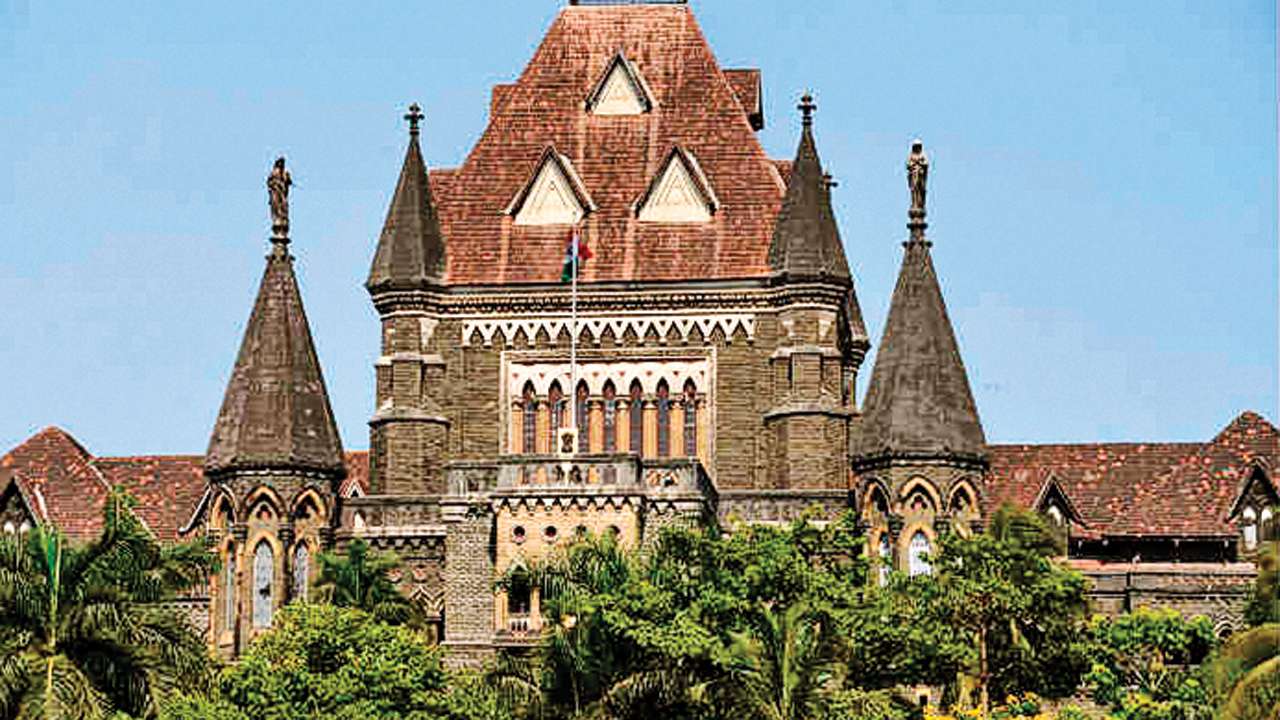The Bombay High Court while granting bail to an accused

The Bombay High Court while granting bail to an accused booked under various offences under the Protection of Children from Sexual Offences Act (POSCO), observed that touching cheeks without sexual intent would not attract the offence of ‘sexual assault’, as defined under Section 7 of the POCSO Act.
Mohammad Ahmed Ulla v. The State of Maharashtra
The Bench of Justice Sandeep K Shinde opined that no material on record suggests that the accused allegedly touched the cheeks of the victim with sexual intent.
In this case, the applicant runs a chicken shop wherein an 8 year old victim and her mother was present, the victim’s mother lodged an FIR under Sections 354, of the Indian Penal Code, 1860 and Section 8, 9(m), 10 and 12 of the POCSO Act, 2021, stating that the applicant has touched the cheek of her daughter inside the shop. Whereafter, the applicant was arrested, an investigation was conducted and a final report had been filed.
The court granted bail to him, ordering his release on executing PR bond for the sum of Rs.25,000/- with one or more sureties in like sum.





